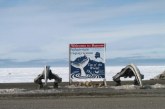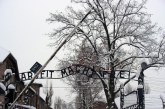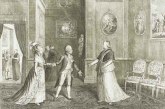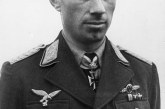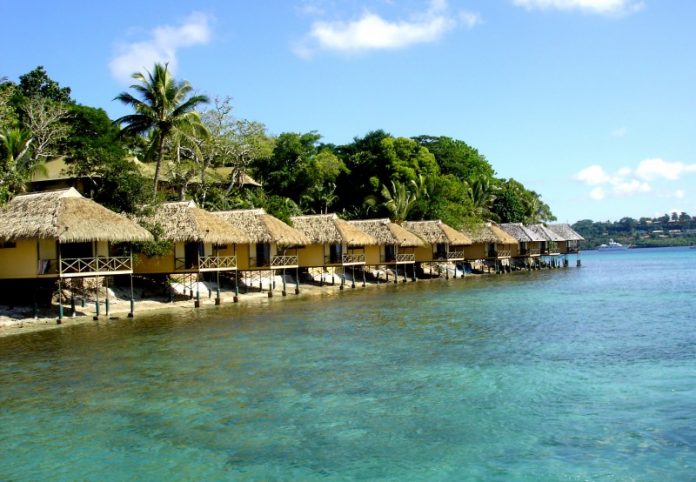
Residents there during the British-French condominium period could choose between prosecution under French and British law.
On July 30, 1980, independence was granted to Vanuatu, an island nation located in the Pacific Ocean. It is a state consisting of about eighty islands that geographically belong to the New Hebrides and Melanesia. The largest island of Vanuatu is called Espiritu Santo (Holy Spirit in Spanish) and covers almost 4,000 square kilometers. The most populated island of Vanuatu is named Efate, and it has about 66,000 inhabitants. The island is also the capital of the state of Vanuatu – Port Vila.
In the colonial past, the area of present-day Vanuatu was called the New Hebrides, after the Scottish archipelago named Hebrides. The New Hebrides were among the colonial estates around the world specific in that they had been in joint British-French ownership since the early 20th century. This type of colonial rule was called a condominium (lat. Condominium, meaning co-ownership). Residents there during the British-French condominium period could even choose between prosecution under French and British law. At the same time, there were two colonial chiefs (so-called resident commissioners), one of whom was French and the other British. The last British, before the aforementioned independence of Vanuatu, was Andrew Christopher Stuart, and the French Jean-Jacques Robert.

